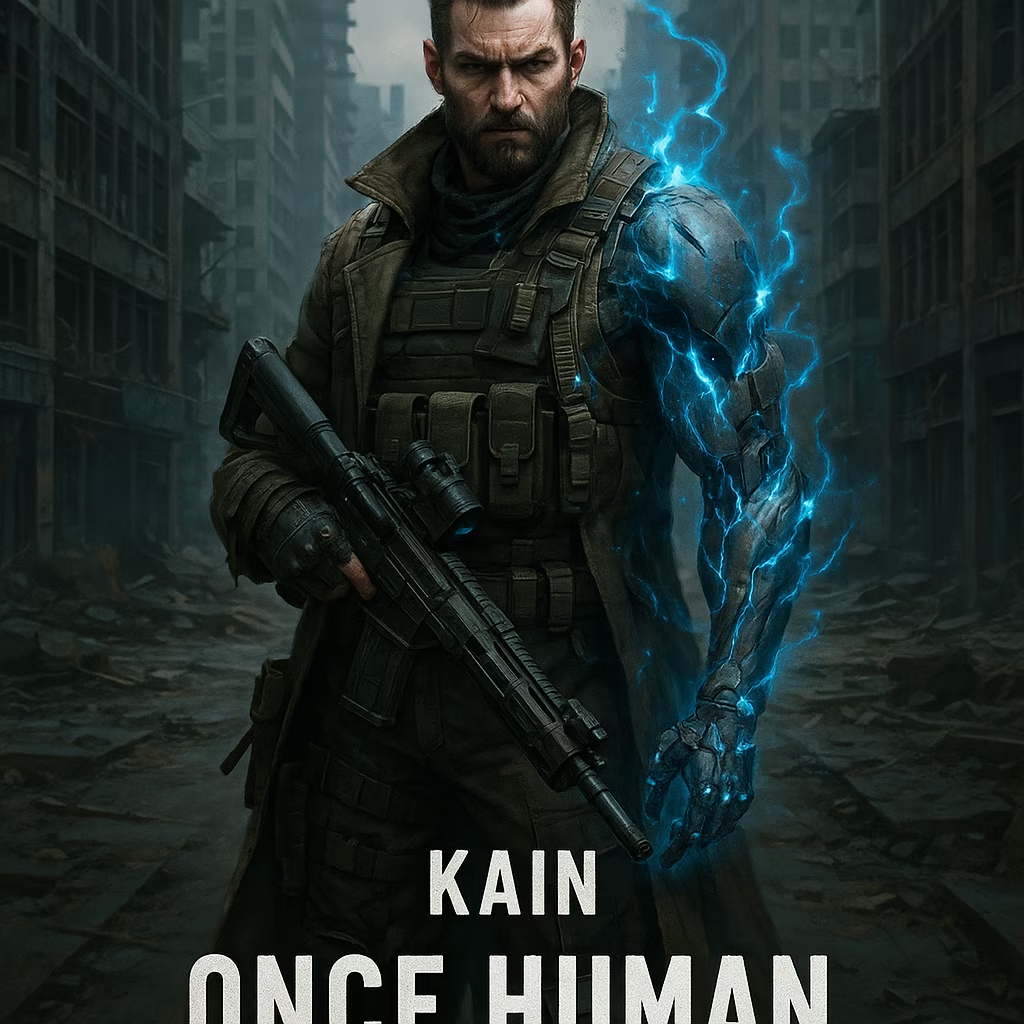The Shifting Realms of Once Human: Survival and Evolution in a Post-Apocalyptic Odyssey
Explore the thrilling survival of Once Human, a visually stunning, action-packed game blending resourcefulness, sanity, and fierce PvPvE battles amidst a mutated world.
Once Human unfolds in a world irrevocably altered by the cataclysmic Starfall incident, where mysterious Stardust has mutated nearly all life into nightmarish Deviations. Players step into the boots of Meta-Humans—evolved beings with heightened resistance to the corruption—navigating a desolate, open-world landscape teeming with supernatural threats and scarce resources. The game’s core premise hinges on survival through resource scavenging, base fortification, and maintaining a fragile sanity meter, all while confronting grotesque monstrosities and rival factions in a persistent PvPvE environment.  This image captures the eerie beauty of the game's settings, where remnants of civilization crumble under the weight of alien influence.
This image captures the eerie beauty of the game's settings, where remnants of civilization crumble under the weight of alien influence.
Upon its initial PC release in July 2024, Once Human surged into the spotlight with over 20 million pre-registrations and a top-four spot on Steam's wishlist rankings. Players were drawn to its blend of photorealistic visuals, powered by cutting-edge 3D technology like ray tracing and dynamic weather systems that rendered rain-soaked terrains and starlit reflections with unsettling realism. However, this promising debut was marred by persistent technical glitches, awkward mechanics, and content droughts, leading to vocal player criticism. For instance, the September 2024 "The Way of Winter" update faced backlash for bugs and lackluster additions, forcing the developers to scramble with patches—a chaotic dance where fixes often felt like plugging leaks in a sinking ship. Despite these setbacks, the game cultivated a loyal player base, sustained by regular expansions that transformed the experience from a rough diamond into a more polished, albeit volatile, gem.
The gameplay loop revolves around intricate survival mechanics that demand both individual cunning and communal cooperation. Key elements include:
-
Resource Management: Scavenging for materials in hazardous zones to craft weapons and fortify bases, with over 100 customizable gun blueprints allowing players to tweak firepower like tinkering with a clockwork mechanism.
-
Sanity System: A constantly depleting meter that reflects psychological strain; ignoring it risks hallucinations and debuffs, turning survival into a high-wire act over an abyss of madness.
-
Exploration and Combat: Traversing diverse biomes infested with Deviations, where alliances can shift from cooperative building to frenzied PvP skirmishes, much like ants in a colony that oscillate between unity and infighting over scarce crumbs.
To address initial flaws and expand the universe, Starry Studio rolled out significant updates in early 2025. The Visional Wheel, launched on January 16th, 2025, introduced rotating environmental effects and status modifiers that reshaped gameplay balance—imagine a kaleidoscope that randomly twists reality, forcing players to adapt strategies on the fly. New scenarios like the 10-day "Code: Broken" PvE event added depth through early access trials, alongside promises of private servers in the first half of 2025 and a future console port. These innovations aimed to stabilize performance issues, such as those in the Evolution's Call mode, where quest registrations and PvP intensity often stuttered like a rusty engine in need of oil. The mobile port, finally released in April 2025 after delays for cross-device optimization, brought the desolate odyssey to handheld screens, broadening accessibility but inheriting the PC version's legacy of teething troubles.
As the game evolves, its journey mirrors a ship navigating fog-choked seas—each update is a flare that briefly illuminates the path but risks fading into obscurity. Can Once Human sustain its momentum beyond the initial hype, or will it become a fleeting echo in the annals of survival games? The developers' push for private servers and new content could anchor player loyalty, yet unanswered questions linger: Will the sanity mechanic deepen into a meaningful narrative tool, or remain a superficial gimmick? And in this ever-mutating world, where Stardust corrodes not just landscapes but minds, players must ponder if their digital struggle for belonging truly reflects the human condition—a puzzle where the pieces keep shifting, defying easy assembly.
